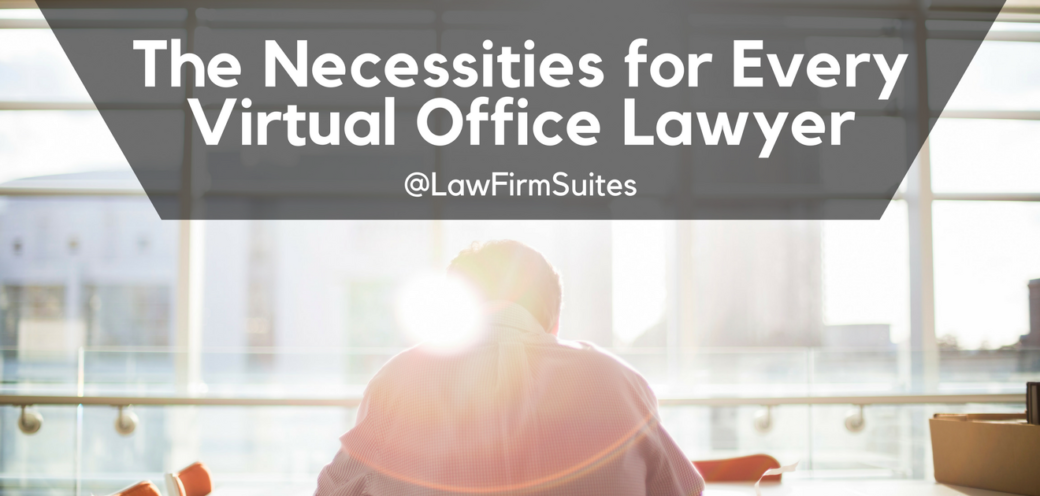Virtual office providers may present many options but attorneys need very specific elements in order to succeed.
Executive office centers are the most typical location one can find virtual office arrangements. These centers are often abundant in major cities around the country.
A virtual office is typically conducive to a package arrangement and is much cheaper than a traditional office rental. A virtual arrangement has basic level amenities such as the use of the commercial mailing address and collecting and forwarding of incoming mail. Conference room and day office usage can also be worked into an agreement but this varies from center to center.
The centers are generally professionally operated and well-appointed. Take time to find a space that best suits your needs.
Typical needs for lawyers when considering a virtual office arrangement:
1. Price
Physical office arrangements vary from city-to-city, but most virtual office packages are consistently priced. $100 a month is the typical starting point.
Prices for amenities such as conference rooms can be anywhere from $10 an hour to over $200 an hour. The higher end is typical of large metropolitan areas like New York City or Los Angeles. The local market typically dictates the pricing for these services.
2. Location
Your travel patterns and the travel patterns of your clients should be part of your decision when selecting a virtual office. A center close to an airport may bode well, especially if a lot of your clients travel to meet with you or if you travel to them. Transportation systems and the hot spots should make it easier for you to choose a location.
3. Amenities
Adequate amenities are crucial when it comes to meeting clients. Conference room time is typical, yet some centers often don’t provide this feature or make it incredibly hard to get.
Pricing can also vary by the size of the room. Looking elsewhere may be best especially if these centers only have one or two options for conference rooms.
4. Onsite Staff
When you look at renting a virtual office, be sure to assess the staff’s attentiveness and competence regarding any questions you may have.
The center’s staff will essentially be taking care of your clients, so you need to be sure that they are providing the best experience possible.They must be competent in servicing client needs and be professional.
It’s important to cover your behind, so always make sure there is adequate staffing during regular business hours. Some centers have very poor reception patterns. The front desk may be left unattended for long periods of time, or even worse, the front desk may be occupied by someone who is just wildly incompetent.
5. Environment and Business Culture
Each office center has a particular working environment dictated by the center’s clientele. Law Firm Suites caters to attorneys, therefore, it feels like a fully functioning law office. With office centers that have closed doors and a subdued and professional vibe, it leads to the feeling of productivity.
On the other hand, our colleagues at Sunshine Suites, another executive office center in downtown Manhattan, rent virtual offices and office space to start-up companies, mostly in technology. They rent open-air spaces that give their clients the flexibility to easily grow and contract as needed. Without closed workspaces, there’s a noisy buzz in Sunshine Suites’ center that their core clientele finds inspiring and motivating.
Lawyers have a different business culture as opposed to a tech start-up or financial services firm. A shared law office space may be “boring” to a tech professional and the lack of privacy may turn off an attorney.
Your clients and colleagues have an expectation about what your office space will be like. They expect that they will be meeting you in a law office. Make sure the office center where you are renting your meeting space is consistent with your clients’ expectations. An office center with a high percentage of attorneys (or one that is exclusive to attorneys) is your best bet.


